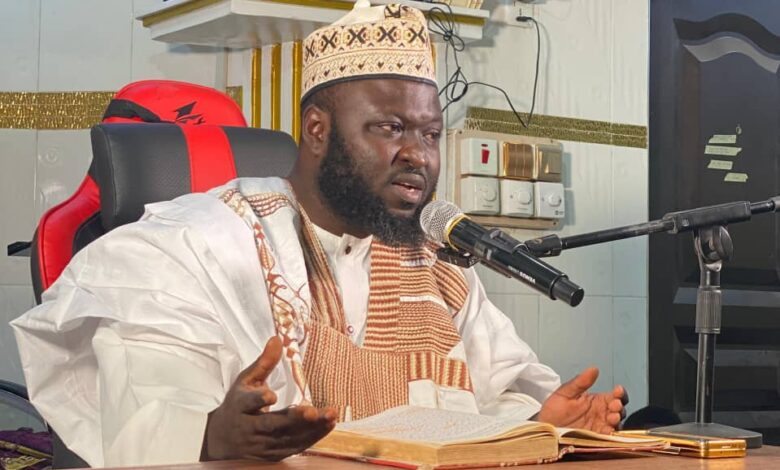Education Minister’s Comment on Students’ Hair Sparks Religious and Public Outrage

A recent statement by the Minister for Education, Hon. Haruna Iddrisu, has triggered widespread public debate and backlash over students’ rights and religious freedom in Ghana’s Senior High Schools (SHS).
Speaking on school grooming regulations, the Minister reportedly declared that “we will not tolerate long hair in schools today or tomorrow,” a remark that has since ignited criticism from educators, parents, and faith-based groups who believe the stance undermines constitutional freedoms.
Reacting to the statement, prominent Islamic scholar, Dr. Abdul-Muhsin Baafi, described the Minister’s comment as “disappointing and unnecessary,” insisting that such policies have no educational justification.
“What has cutting a student’s hair got to do with learning outcomes or discipline?” he asked. “Education should be about knowledge and character formation, not control over one’s personal or religious expression.”
Dr. Baafi cited the 1992 Constitution, which guarantees every Ghanaian the right to freedom of religion and expression. He warned that enforcing hair-cutting rules without consideration for faith-based practices could marginalize certain students, particularly Muslim girls.
He explained that in Islam, it is religiously forbidden for women to shave their heads except for medical reasons, and therefore compelling Muslim students to do so would violate their religious rights.
“In Islam, a woman’s hair is part of her modesty and identity. Forcing girls to cut it contradicts both faith and cultural values,” Dr. Baafi emphasized, referencing multiple Islamic teachings that prohibit such acts.
He urged the Ministry of Education to consult widely with stakeholders—religious leaders, parents, and education experts—before making pronouncements that affect students’ identities and beliefs.
“In other countries, schoolgirls keep their natural hair and still maintain discipline and academic excellence,” he added. “Uniformity should not come at the expense of faith and dignity.”
The debate over students’ hairstyles has been a recurring issue in Ghana’s educational space, often reflecting a clash between school discipline policies and individual freedoms.
Analysts and advocacy groups have since called for a comprehensive policy review that promotes inclusion, respects religious and cultural diversity, and aligns with Ghana’s democratic values.






